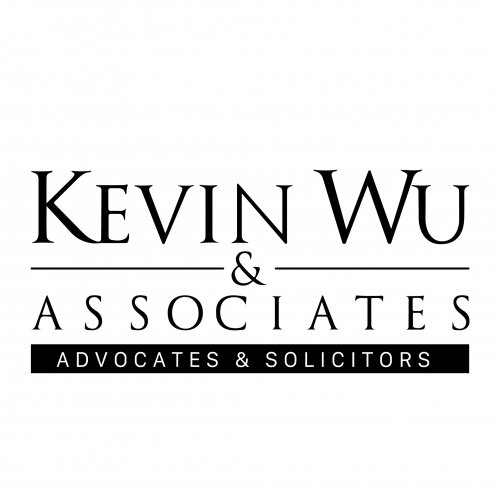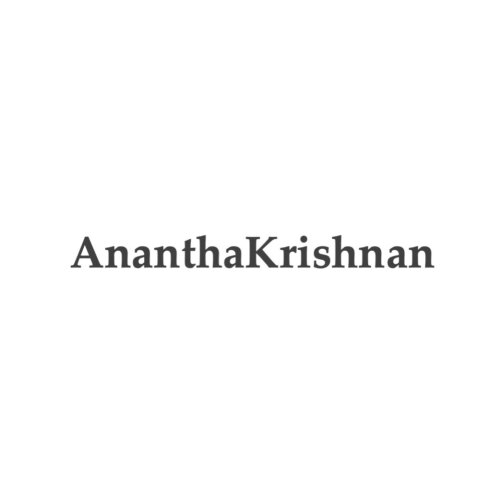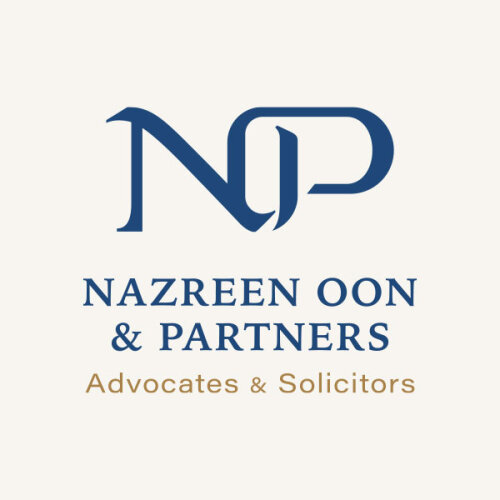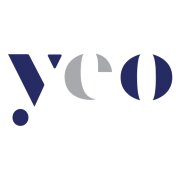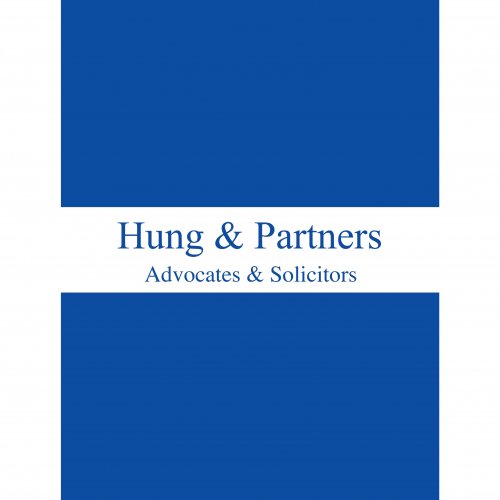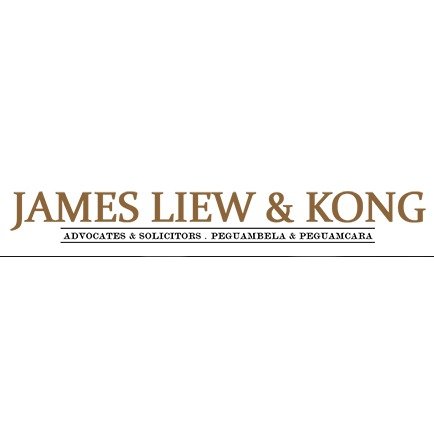Best FDA Law Lawyers in Kuala Lumpur
Share your needs with us, get contacted by law firms.
Free. Takes 2 min.
List of the best lawyers in Kuala Lumpur, Malaysia

About FDA Law in Kuala Lumpur, Malaysia
FDA Law in Malaysia generally refers to the legal and regulatory framework governing food, drugs, cosmetics, and medical devices. In Kuala Lumpur, the administration of these laws falls under the National Pharmaceutical Regulatory Agency (NPRA) and the Food Safety and Quality Division, both part of the Ministry of Health (MOH). The primary legislation includes the Food Act 1983, Sale of Drugs Act 1952, Control of Drugs and Cosmetics Regulations 1984, and the Medical Device Act 2012. These laws ensure that products available in the market are safe, effective, and comply with prescribed quality standards. Legal compliance is especially critical for manufacturers, importers, distributors, and even healthcare providers operating in or around Kuala Lumpur.
Why You May Need a Lawyer
Legal advice is invaluable when dealing with matters involving FDA Law in Kuala Lumpur. Common situations where you might require an FDA Law specialist include:
- Product registration and licensing for food, pharmaceuticals, or medical devices
- Importing or exporting health-related products
- Facing enforcement actions such as product recalls, seizures, or administrative fines
- Defending against regulatory investigations or prosecutions
- Reviewing product labelling, advertising, and packaging compliance
- Managing product liability claims or consumer complaints
- Advising on mergers and acquisitions in regulated industries
- Assisting with clinical trials and research regulatory compliance
Lawyers specialising in this field can help businesses and individuals avoid costly mistakes and ensure compliance with all applicable laws.
Local Laws Overview
Several key laws and regulations apply to FDA-related matters in Kuala Lumpur:
- Food Act 1983: Sets the general requirements for the sale, preparation, handling, distribution, and importation of food to protect public health.
- Sale of Drugs Act 1952: Regulates the manufacture, importation, sale, and distribution of pharmaceutical drugs.
- Control of Drugs and Cosmetics Regulations 1984: Requires companies to register drugs and cosmetics with the Drug Control Authority (DCA) before marketing them.
- Medical Device Act 2012: Provides for the registration and post-market surveillance of medical devices, ensuring safety and efficacy.
- Food Regulations 1985: Specifies detailed standards for various foods including labelling, additives, and permitted levels of contaminants.
- Advertising Regulations: Restrictions apply to advertising of pharmaceuticals, traditional medicines, and related products.
Kuala Lumpur, as the nation’s capital and commercial centre, is closely monitored by the regulatory authorities, making compliance especially crucial for entities operating here.
Frequently Asked Questions
What is the process for registering a medical device in Malaysia?
All medical devices must be registered with the Medical Device Authority (MDA) before being imported, exported, or for sale in Malaysia. The process involves appointing a local authorised representative, submitting a conformity assessment (by a registered Conformity Assessment Body), and complying with all documentation and labelling requirements.
How do I register a new pharmaceutical product?
Drug registration is handled by the Drug Control Authority (DCA). The process includes submitting comprehensive safety, quality, and efficacy data, a Good Manufacturing Practice (GMP) certificate, and passing evaluation by relevant committees. Only after successful registration can the product be marketed.
Are food supplements regulated as drugs or foods?
It depends on the ingredients and intended use. Many food supplements are regulated as foods, but those with medicinal claims or certain active ingredients may fall under the drug category and require more stringent approval.
What are the consequences of non-compliance with FDA laws?
Penalties can include product recalls, seizures, fines, prosecution, business license suspension or revocation, and reputational damage. Non-compliance is taken seriously by the authorities.
Can I advertise my health product freely in Malaysia?
Advertising of health products, especially drugs and medical devices, is highly regulated. Approval from the Medicine Advertisements Board is required before advertisements are published. Claims must not be misleading and must comply with all guidelines.
Is halal certification mandatory for food products?
Halal certification is not legally mandatory unless the product is labelled as halal. However, most consumers in Malaysia expect halal certification for food products, especially if targeting the local market.
Do imported medical devices need to undergo local testing?
Imported medical devices must comply with Malaysian standards and are assessed through conformity procedures. Some devices may require additional testing or documentation to ensure safety and efficacy, based on their risk classification.
How long does the product registration process usually take?
It varies depending on the product category and the completeness of the documentation. Drug registration can take 6 months to 2 years, while medical device and food registration times are usually shorter but depend on the specific product and regulatory workload.
Can a company challenge a regulatory decision made by the authorities?
Yes, administrative decisions such as refusal of registration can be appealed. It is advisable to engage a lawyer to handle appeals and prepare the necessary supporting documents and arguments.
What are labelling requirements for food and drugs?
Strict labelling requirements apply, including mandatory information about ingredients, manufacturing date, expiry date, storage conditions, and country of origin. Health claims are regulated and must be substantiated. Misleading or false information is prohibited under Malaysian law.
Additional Resources
If you seek further information or assistance, the following resources are useful:
- National Pharmaceutical Regulatory Agency (NPRA) - Handling drug and cosmetic registration and related regulatory matters
- Medical Device Authority (MDA) - Oversees medical device registration and compliance
- Food Safety and Quality Division, Ministry of Health - Regulates food safety standards
- Drug Control Authority (DCA) - Main regulatory body for drugs and related products
- Pharmaceutical Association of Malaysia (PhAMA) - Provides industry updates and best practices
- Malaysian Organisation of Pharmaceutical Industries (MOPI) - Support for local pharmaceutical manufacturers
- Malaysian Bar Council - Directory for legal professionals including FDA Law specialists
Next Steps
If you need legal assistance in FDA Law in Kuala Lumpur, consider taking these steps:
- Determine your specific concern, whether it is product registration, compliance, a recall, or another issue
- Gather all relevant documents, correspondences, and product details
- Consult with a lawyer specialising in FDA Law to discuss your situation and receive advice on your legal position and options
- Follow your lawyer’s recommendations for resolving compliance matters, submitting applications, or managing disputes
- Stay updated on regulatory changes to ensure ongoing compliance
Promptly seeking expert legal advice can help you navigate the complexities of FDA Law and protect your interests in Kuala Lumpur, Malaysia.
Lawzana helps you find the best lawyers and law firms in Kuala Lumpur through a curated and pre-screened list of qualified legal professionals. Our platform offers rankings and detailed profiles of attorneys and law firms, allowing you to compare based on practice areas, including FDA Law, experience, and client feedback.
Each profile includes a description of the firm's areas of practice, client reviews, team members and partners, year of establishment, spoken languages, office locations, contact information, social media presence, and any published articles or resources. Most firms on our platform speak English and are experienced in both local and international legal matters.
Get a quote from top-rated law firms in Kuala Lumpur, Malaysia — quickly, securely, and without unnecessary hassle.
Disclaimer:
The information provided on this page is for general informational purposes only and does not constitute legal advice. While we strive to ensure the accuracy and relevance of the content, legal information may change over time, and interpretations of the law can vary. You should always consult with a qualified legal professional for advice specific to your situation.
We disclaim all liability for actions taken or not taken based on the content of this page. If you believe any information is incorrect or outdated, please contact us, and we will review and update it where appropriate.



